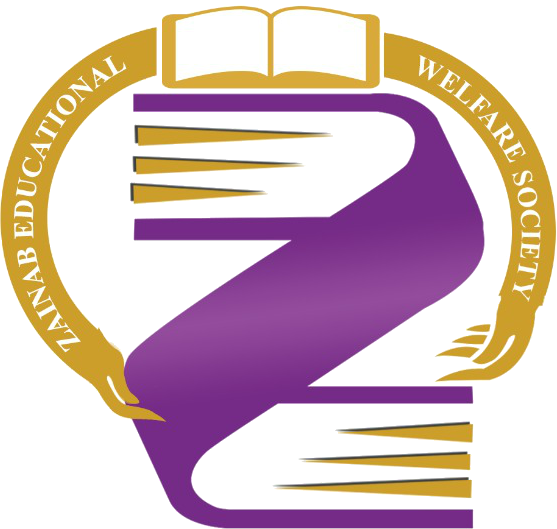Zakat
Zakat, the third pillar of Islam, is not only a payment but it is a duty for all those Muslims able and obliged (by financial situation) to pay. It must be paid on all wealth able to give a financial return.
Zainab Educational And Welfare Society(ZEWS) passes over your Zakat to those who need it the most. From feeding the poor to building homes, mosques and schools – your money will be used to draw smiles and save souls. Giving UK Islamic Mission your Zakat is like putting your money between safe hands.
Paying 2.5% of your wealth is obligatory upon all Muslims who own a certain level of possessions (cash, gold, silver, shares all combined) known as Nisab. If your wealth reaches the Nisab then you need to purify your wealth by giving Zakat which is the third pillar of Islam.
“My mercy encompasses all things, and so I shall decree it for those who are reverent, give the Zakat and those who believe in Our revelations.” [7:156]

Donate to Educate a Child
Make a gift today
ZAKAT FAQ
What is Zakat?
Zakat is an Arabic word derived from the word ‘tazkiyya which means purification; hence, zakat is considered a way to purify one’s income and wealth. Zakat is 2.5% of one year’s total wealth – this includes cash in hand, bank savings, bonds, cattle and crops that are in excess of ones need and other objects of monetary value (Jewellery and gold ).
Items for personal use such as car, clothing and house are excluded from Zakat.
Who has to pay Zakat?
Zakat is obligatory on: a free man or woman, Muslim, sane, adult, in complete ownership and control of their wealth, in possession of wealth above the nisab threshold, and in possession of the wealth for one complete lunar (Hijrah) year.
When do I have to pay Zakat?
Your wealth must amount to more than a threshold figure, namely the nisab. And you must be in possession of this wealth for one complete lunar year, known as Hijri year.
What is Nisab?
To determine the nisab, there are two measures: either gold or silver.
Gold: The nisab by the gold standard is 3 ounces of gold (87.48 gram-s) or its cash equivalent.
Silver: The nisab by the silver standard is 21 ounces of silver (612.36 grams) or its equivalent in cash.
You can use our Zakat calculator to find out how much you must pay this year.
When does my Zakat year start?
The Zakat year begins on the date on which your wealth reached the nisab.
This will be your zakat date, whenever it comes around you will have to calculate Zakat, regardless of any changes occurred in the amount of wealth in your possession.
To whom should I give zakat?
The recipient must be a poor Muslim. They must not belong to your immediate family. They must not be a descendant of the Prophet (pbuh).
I give charity throughout the year, can it be considered as zakat?
No, there must be a clear intention for a donation to be qualified as zakat. Intention is very important in the zakat process, like any obligation in Islam, zakat requires intention.
Is it possible for me to calculate my zakat?
Step 1: Work out what you own
| Cash in hand | £ |
| Cash in bank account(s) | £ |
| Value of gold (current market value) | £ |
| Value of silver (current market value) | £ |
| Amount given out in loans (where the debtor is able and willing to pay back the loan) | £ |
| Current value of shares | £ |
| Value of goods in stock for sales | £ |
| Total Assets | £ |
Step 2: Work out your outgoings from what you own
| Amount owed in debt (short term loans or those payable within a year) | £ |
| Expenses (Tax, rent and other bills due immediately) | £ |
| Total Liabilities | £ |
Step 3: Minus Total Liabilities from Total Assets and if the amount is more that the Nisaab then multiply by 0.025
Total Assets £…. – Total Liabilities £…. X 0.025 = Your Zakat £….
